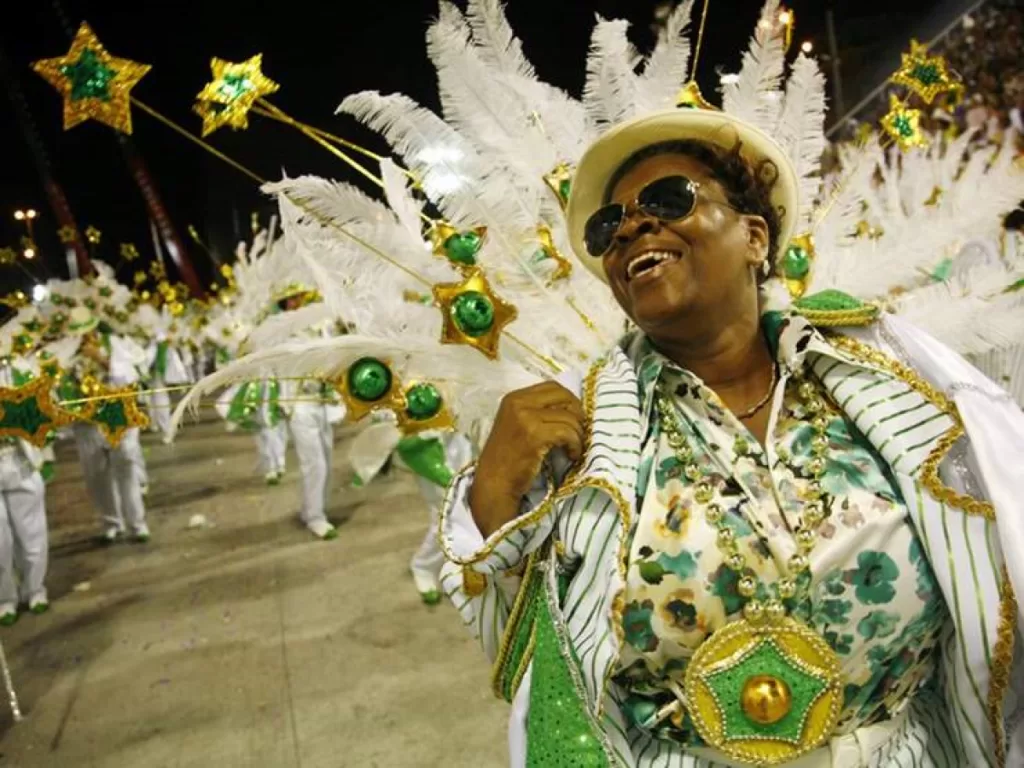Brazil, officially known as the Federative Republic of Brazil is the biggest country in South America in terms of landmass and population.
Brazil is the fifth-largest in the world both in terms of area and population. Spanning an area between central South America and the Atlantic Ocean, it is the Easternmost country of America. Brazil borders every other South American country apart from Ecuador and Chile.
During the expansion by Europe into the new world, Brazil was colonised by Portugal, and as a result, it is the only Portuguese-speaking country in the Americas. It has the largest Roman Catholic population in the world.
In September 1822, the Prince Regent of Portugal (the son of the Portuguese King) proclaimed himself to be Emperor of Brazil; declaring independence from Portugal and establishing the independent Empire of Brazil. He took the name Dom Pedro I. A treaty between Britain and Portugal recognised the new Empire’s independence was signed on August 29th 1825.
Pedro I abdicated in 1831 and was succeeded by his son, Pedro II, who was five years old at the time.
Pedro II was deposed from the throne on November 15th 1889 by a coup d’etat, which had been fuelled by the continuation of a war with Paraguay and resentment from the upper classes over the abolition of slavery in 1888. The federal republic was established by Field Marshal Deodoro da Fonseca.
The revolution that transformed Brazil into a republic was so uneventful that the few witnesses present didn’t know it happened and the dethroned Emperor didn’t even care.
